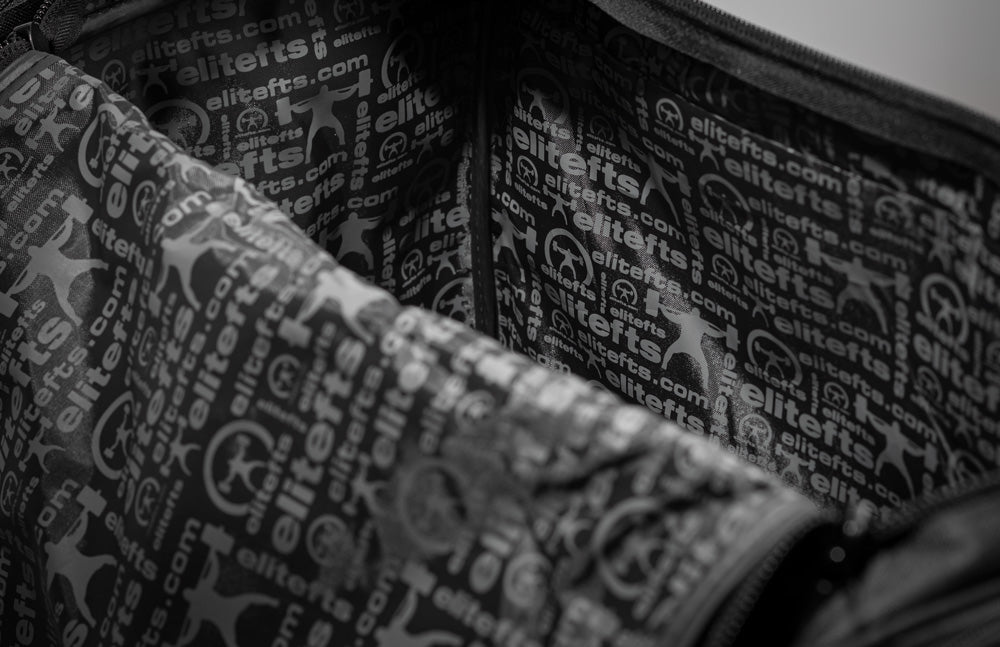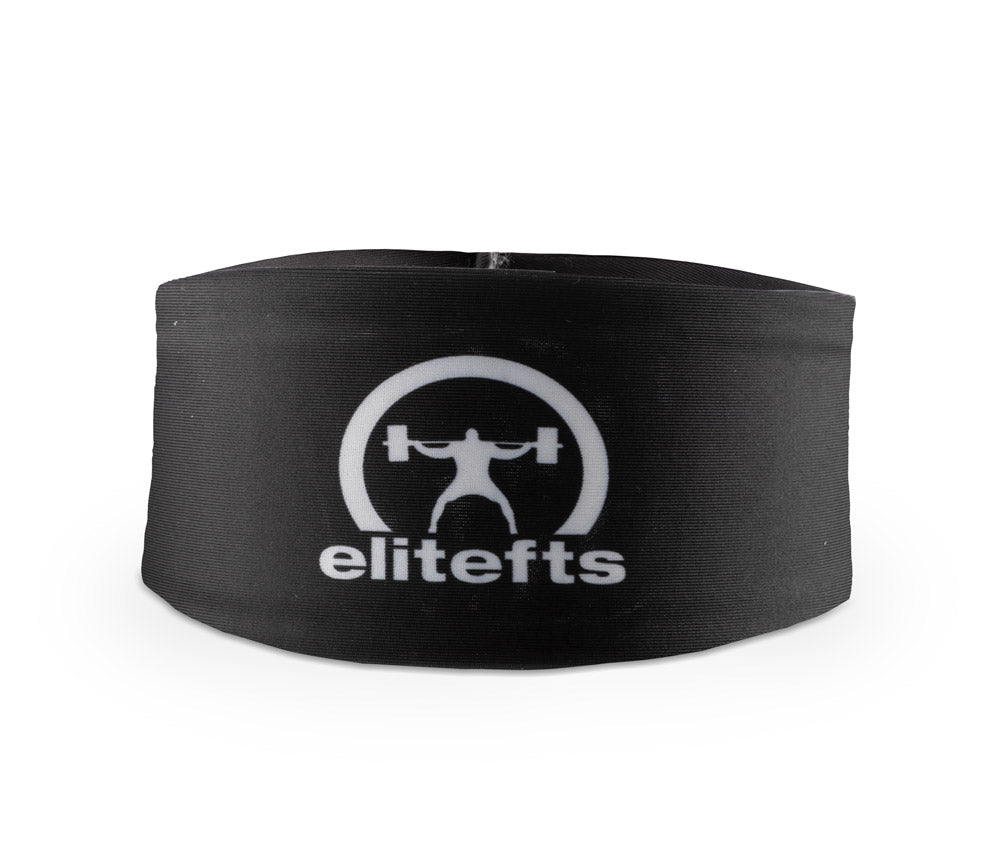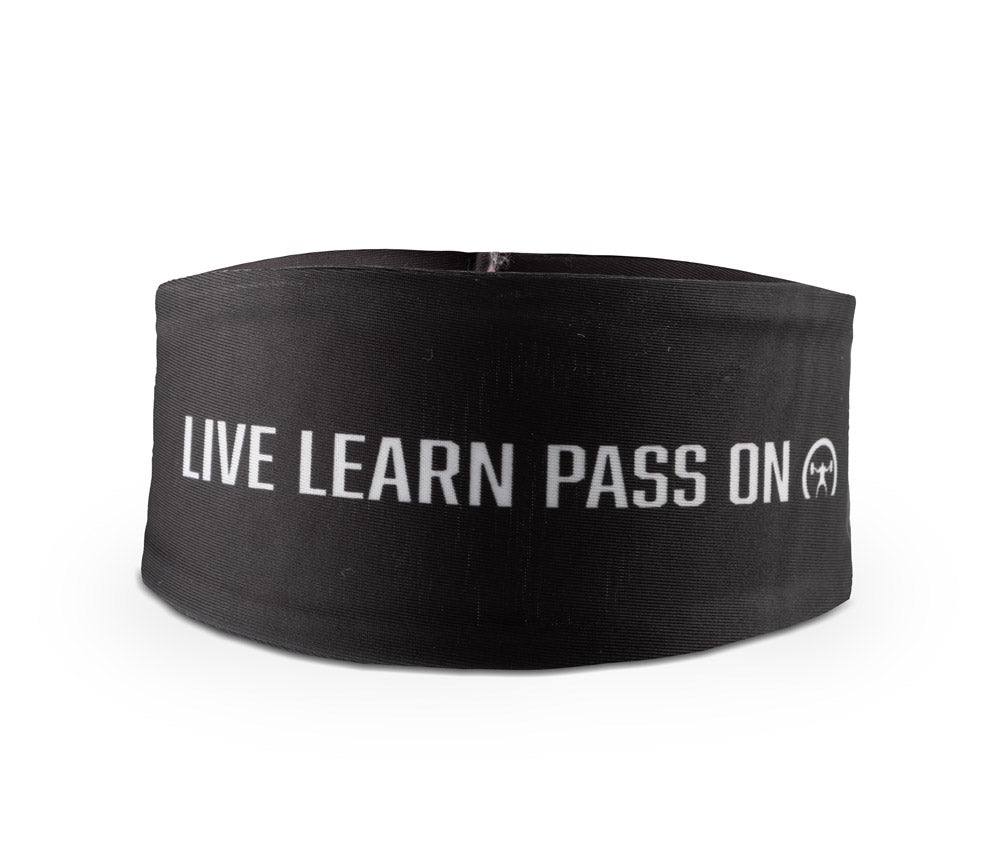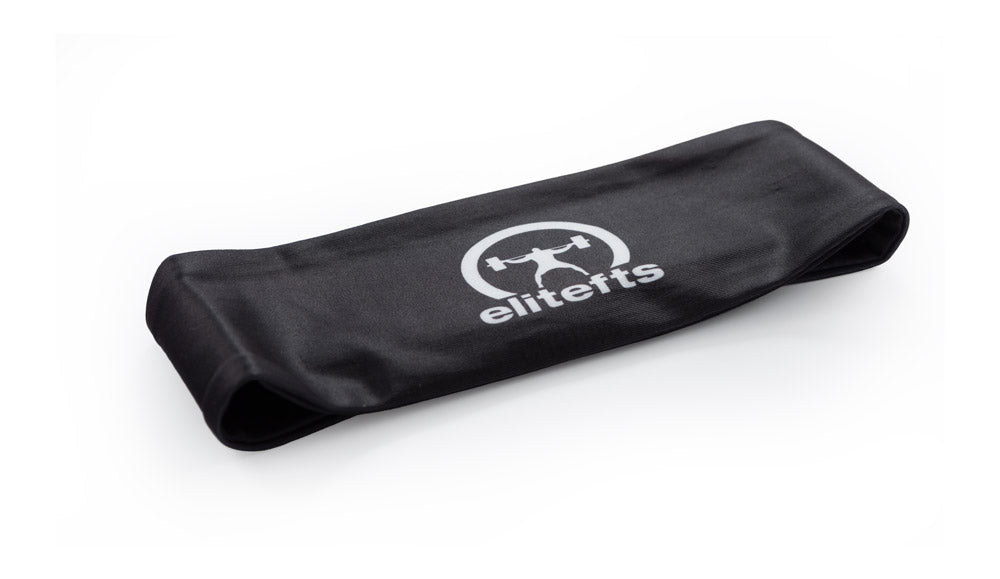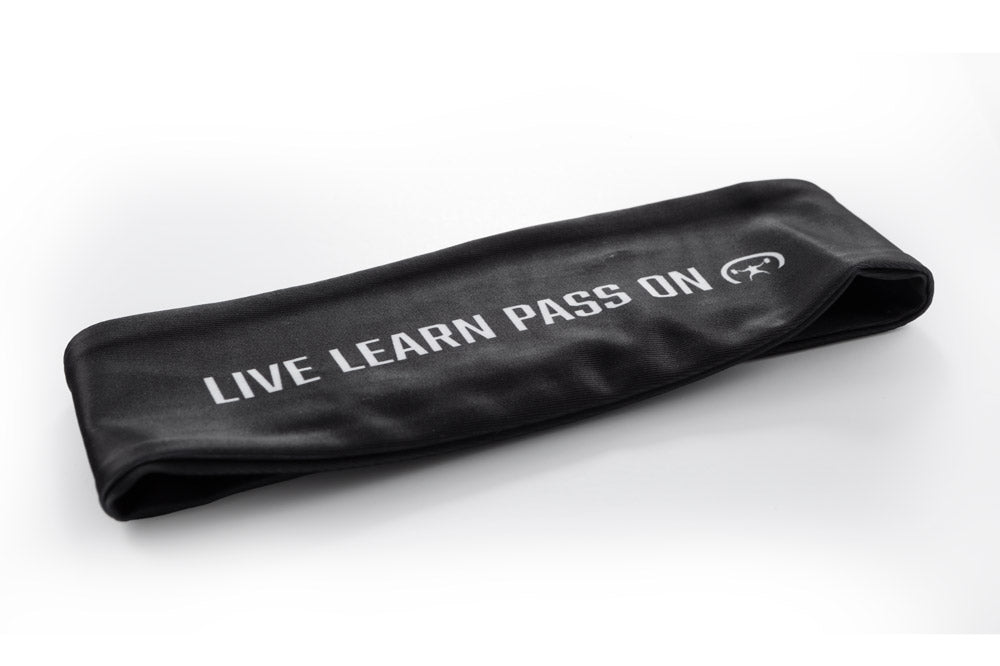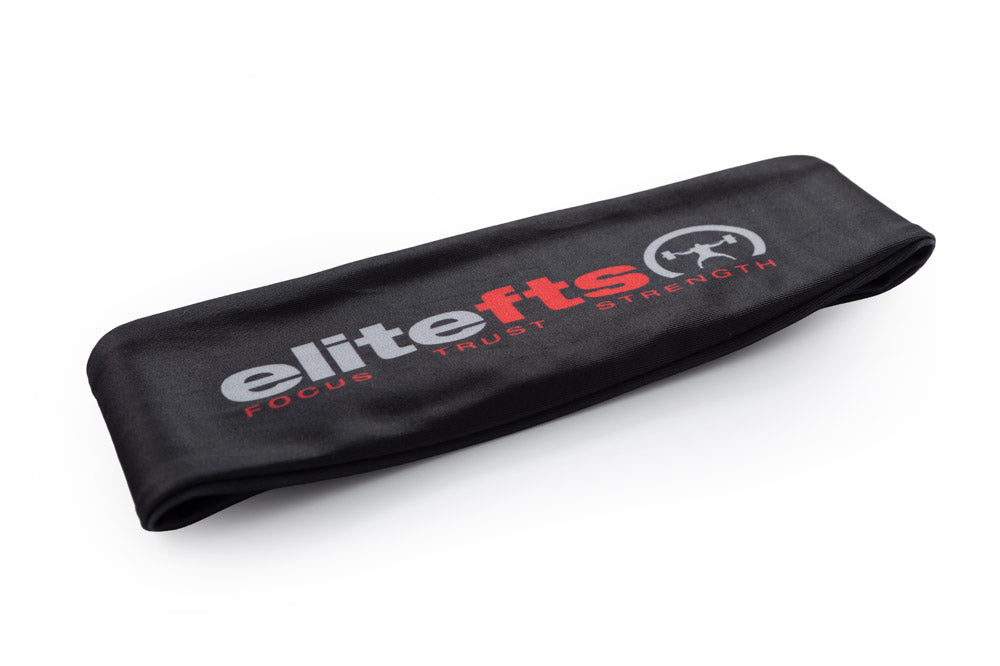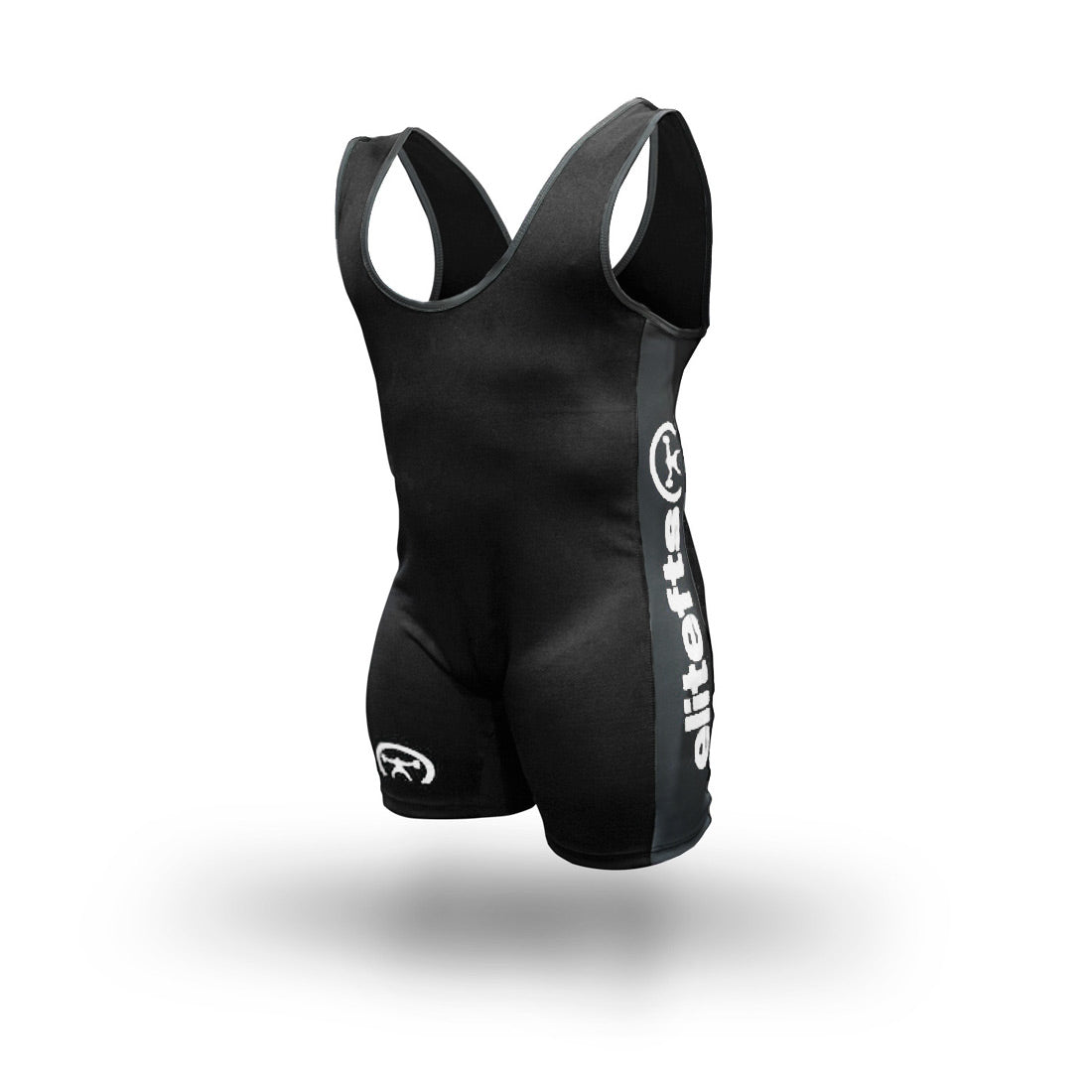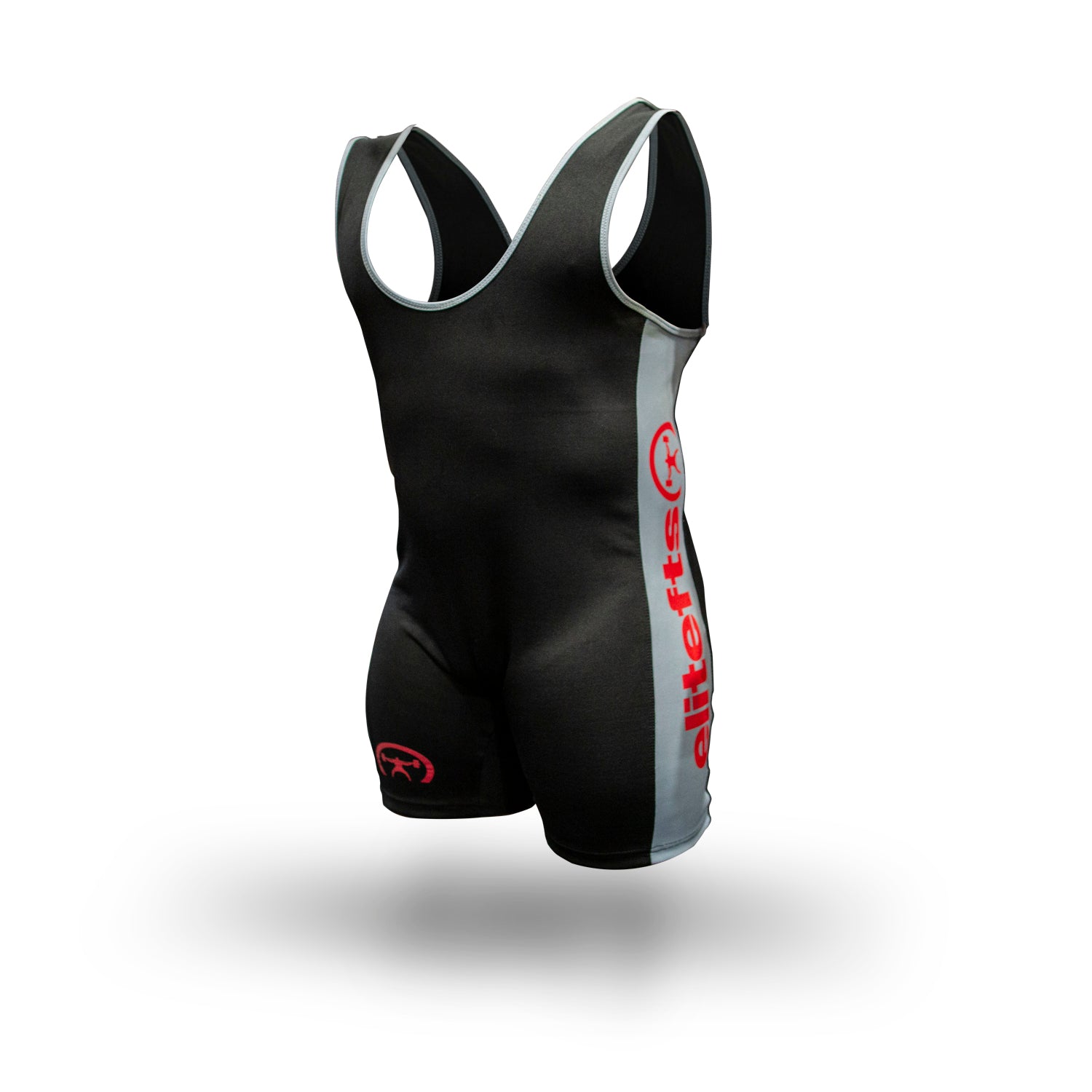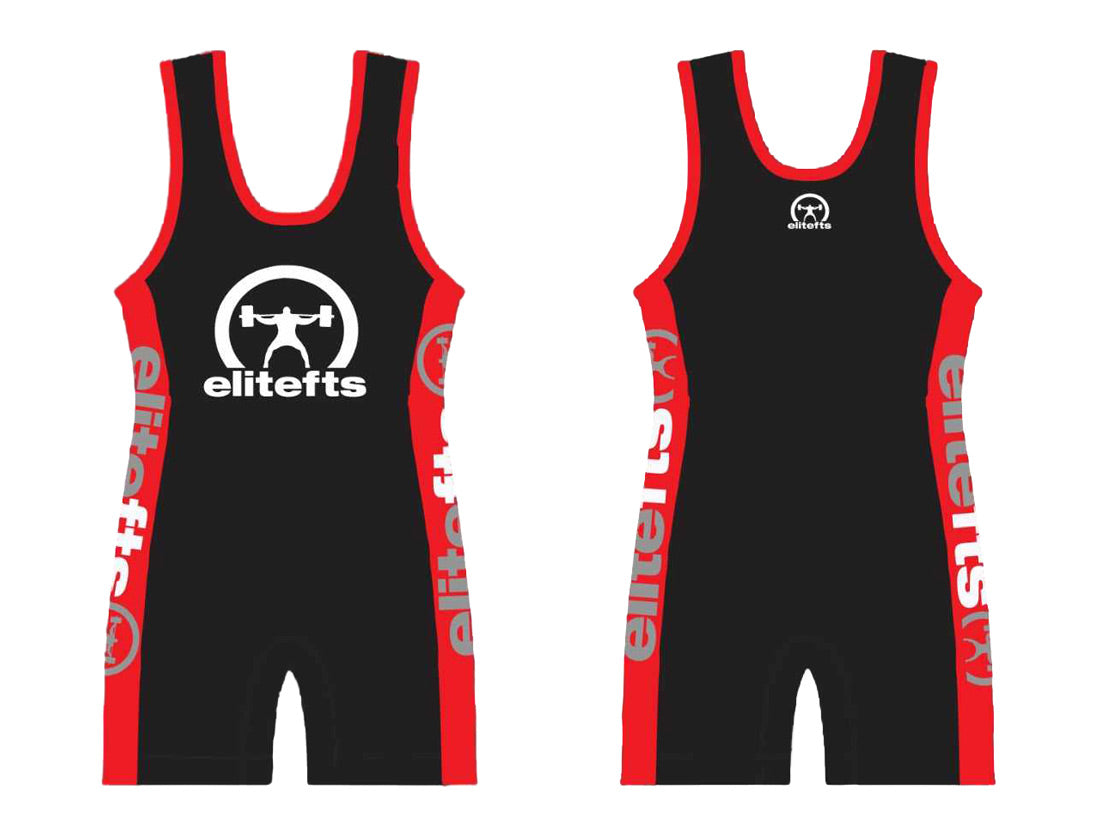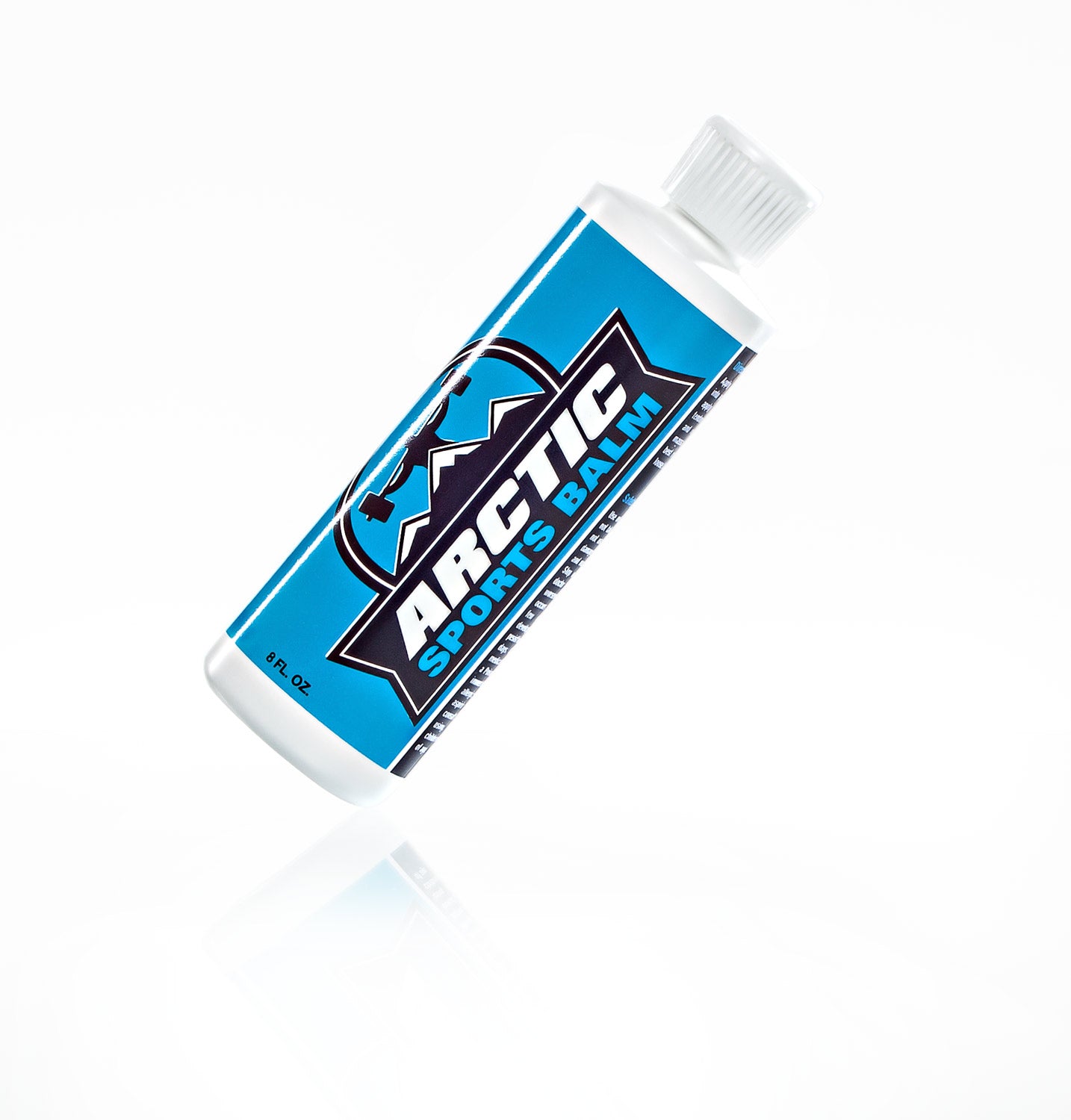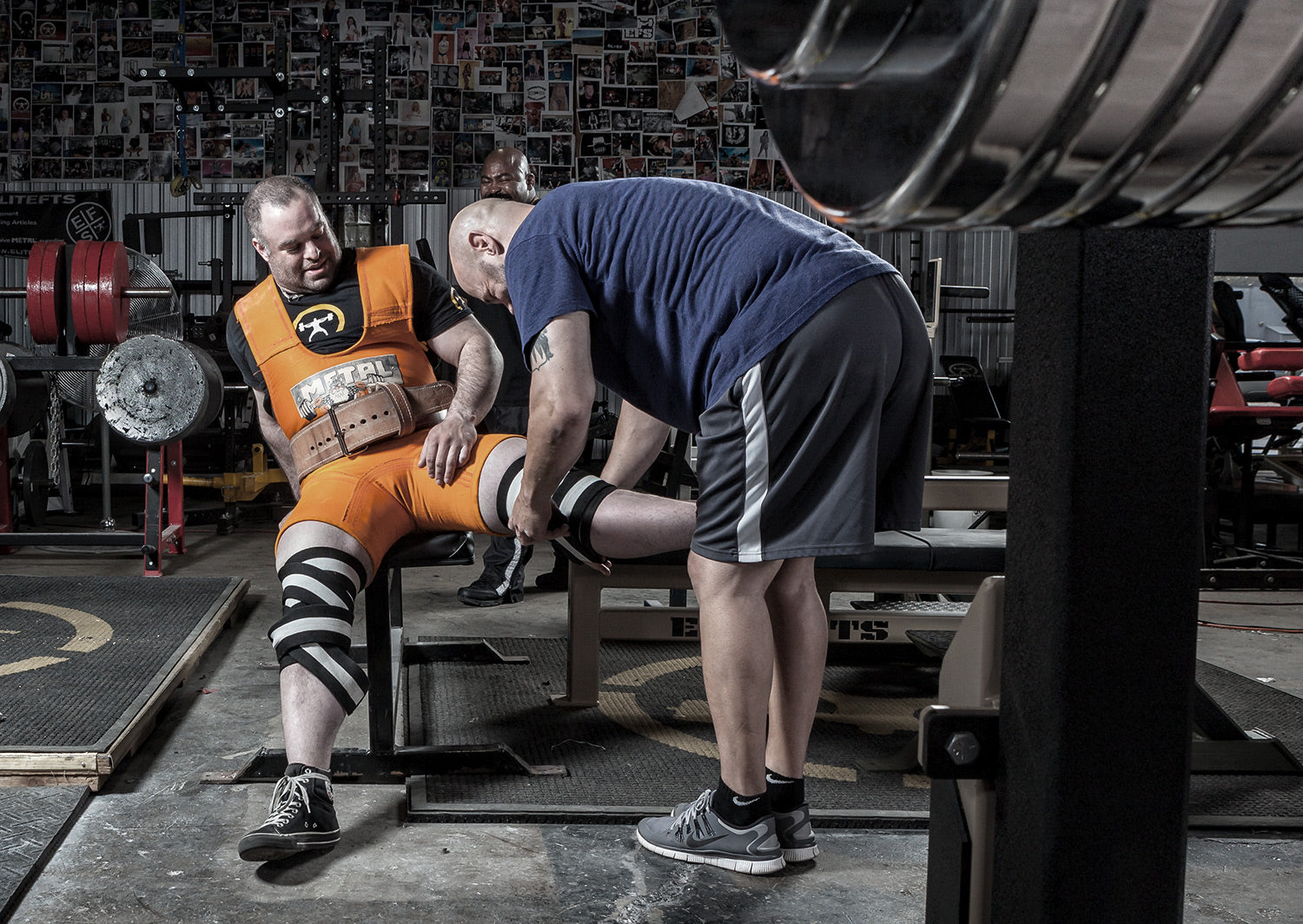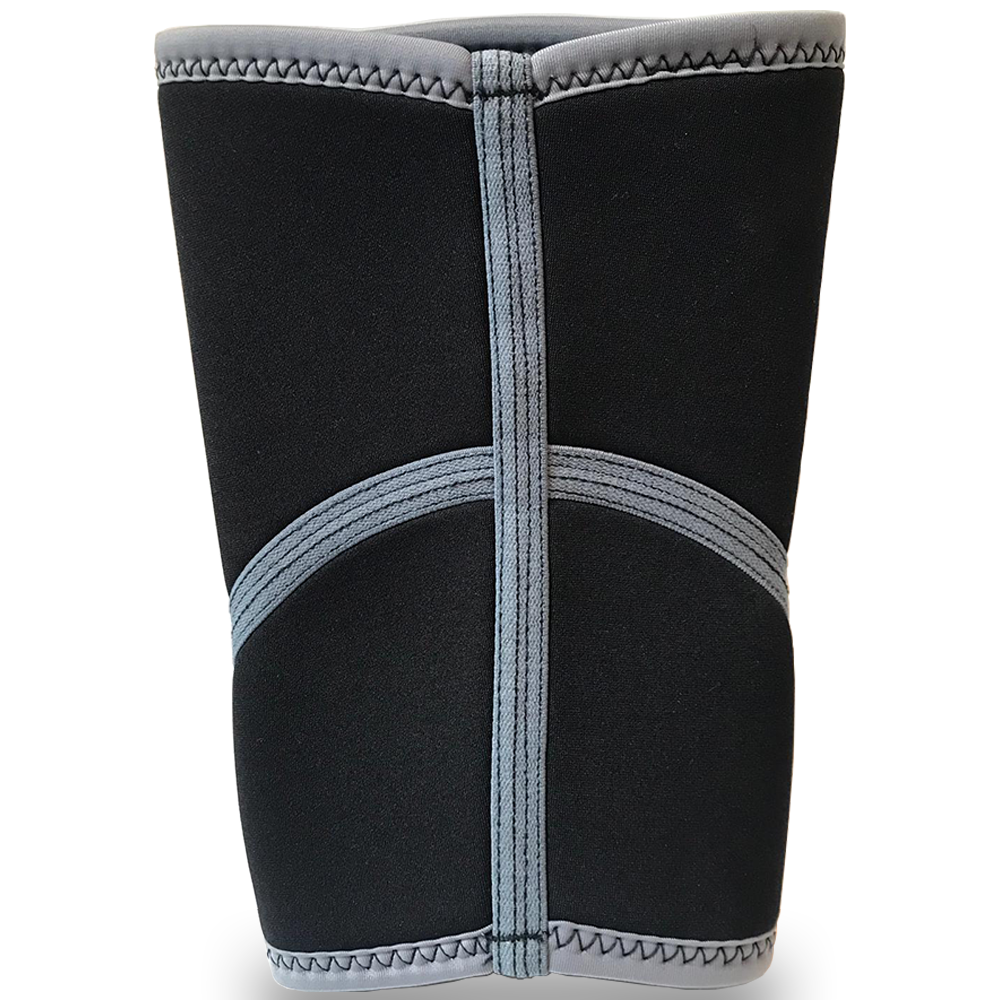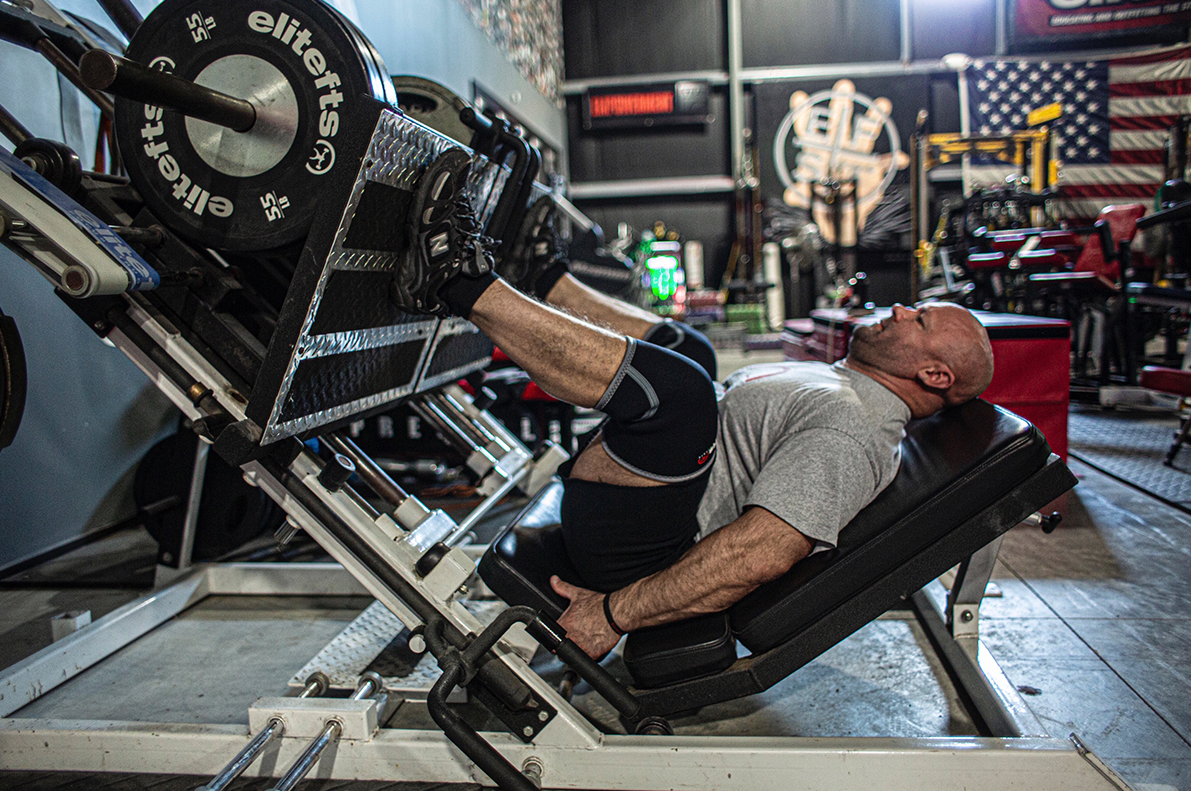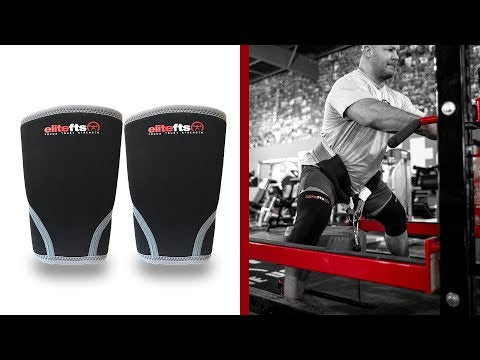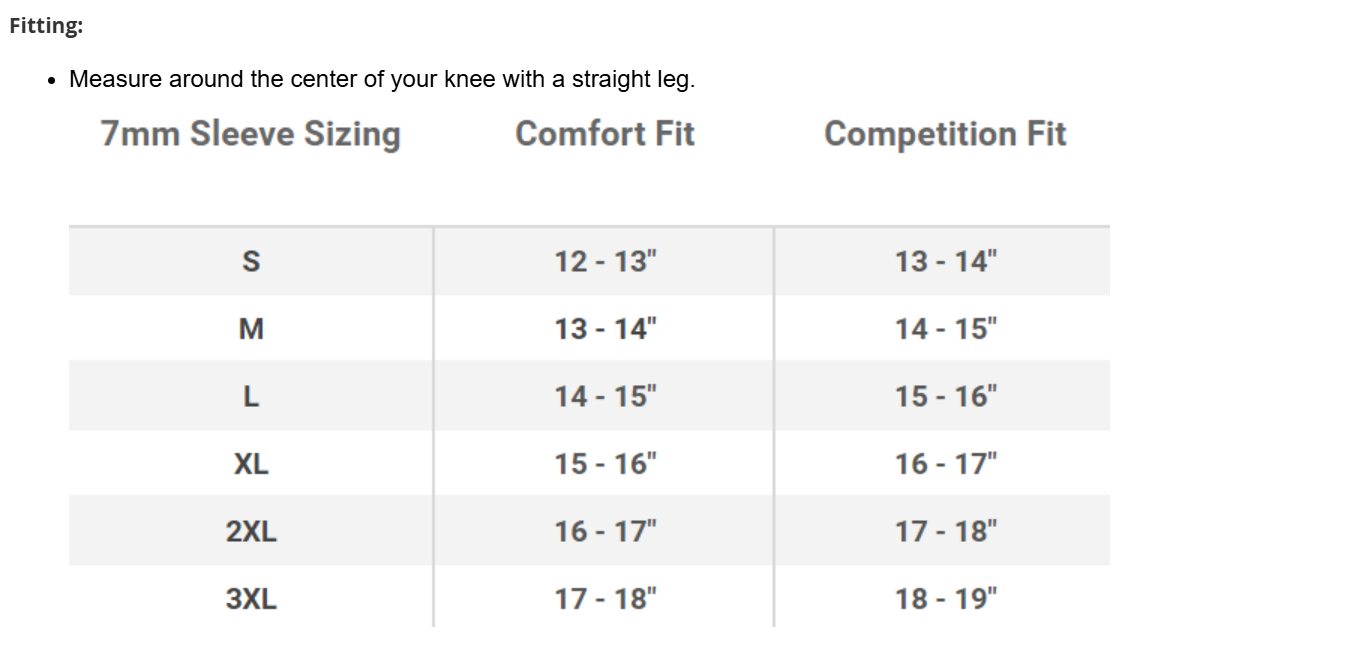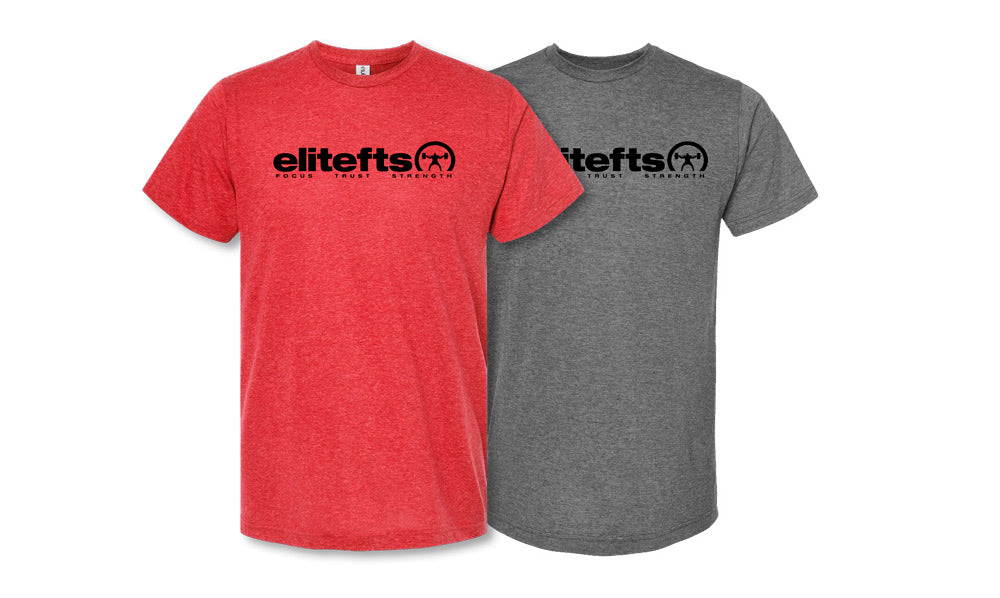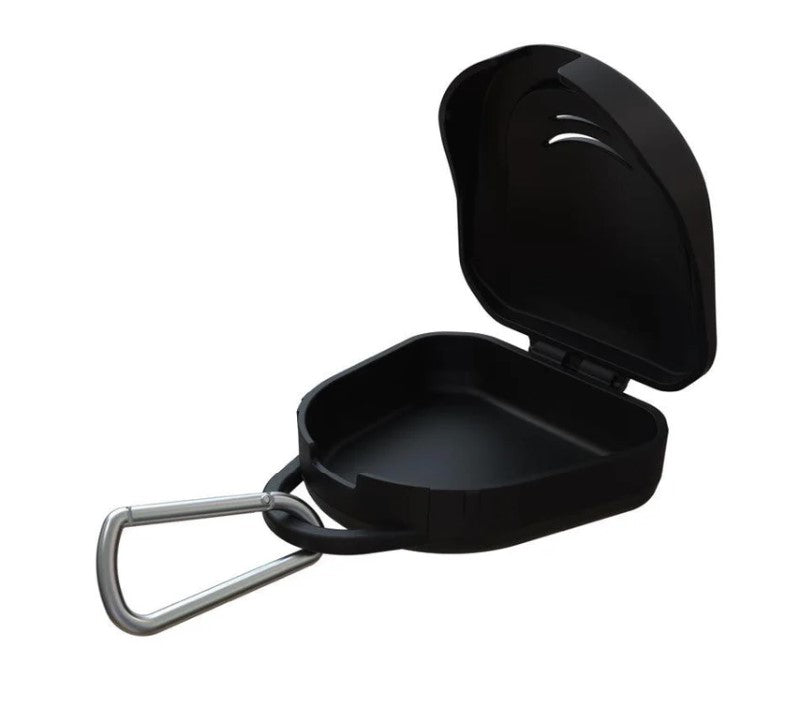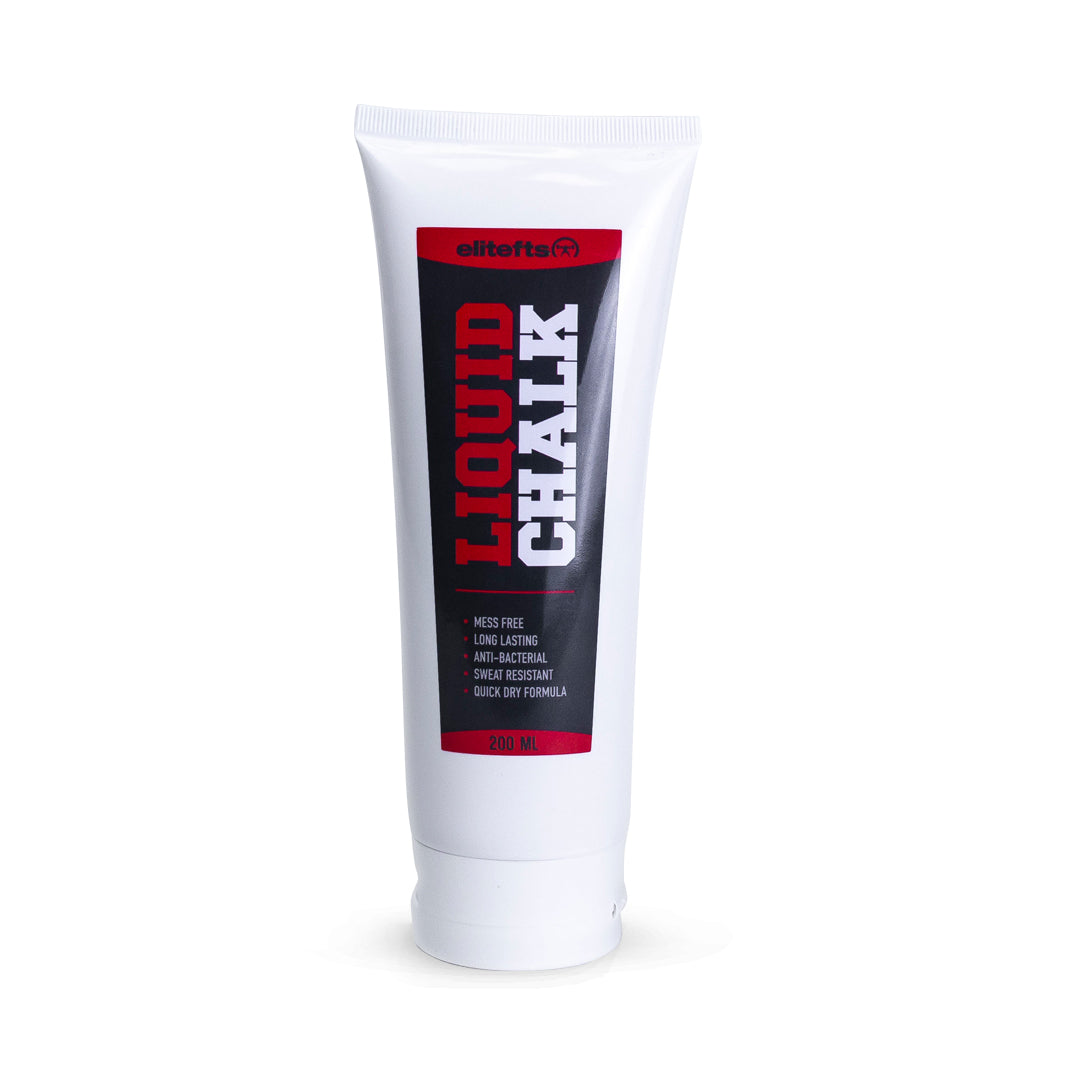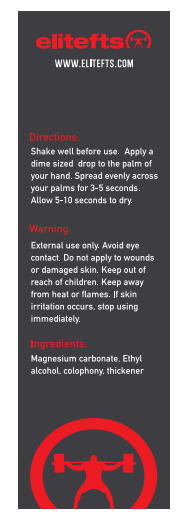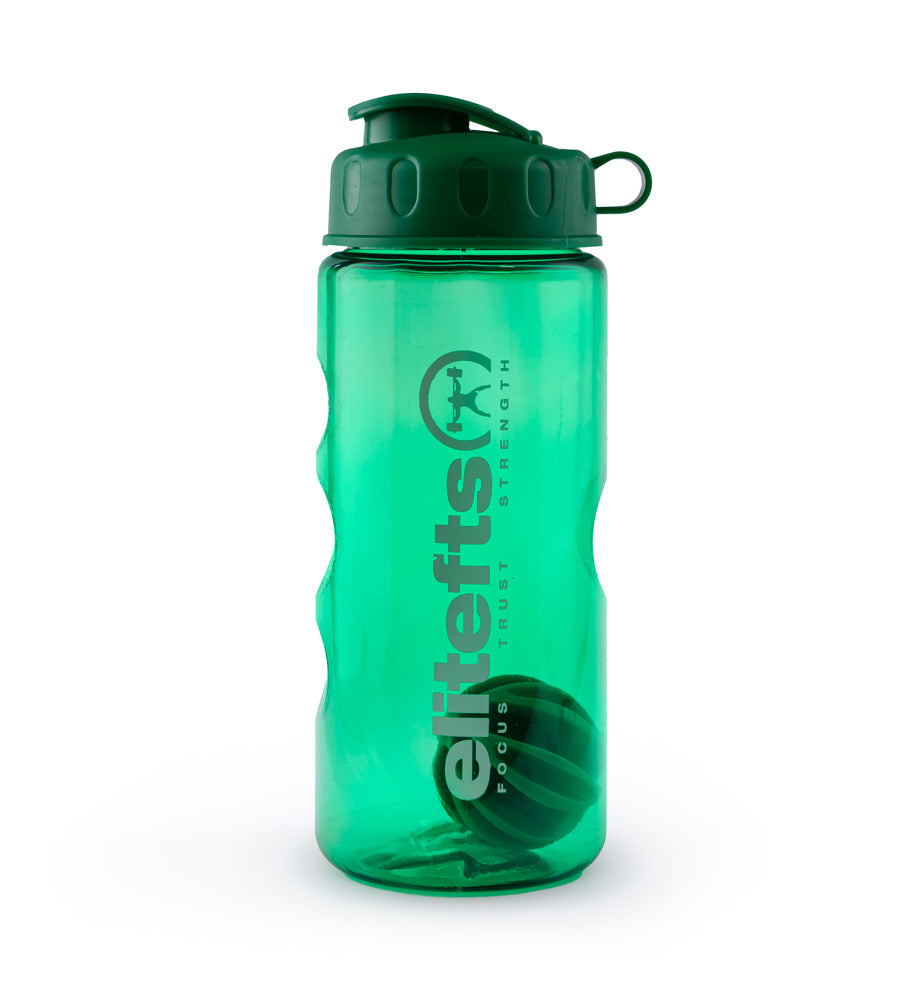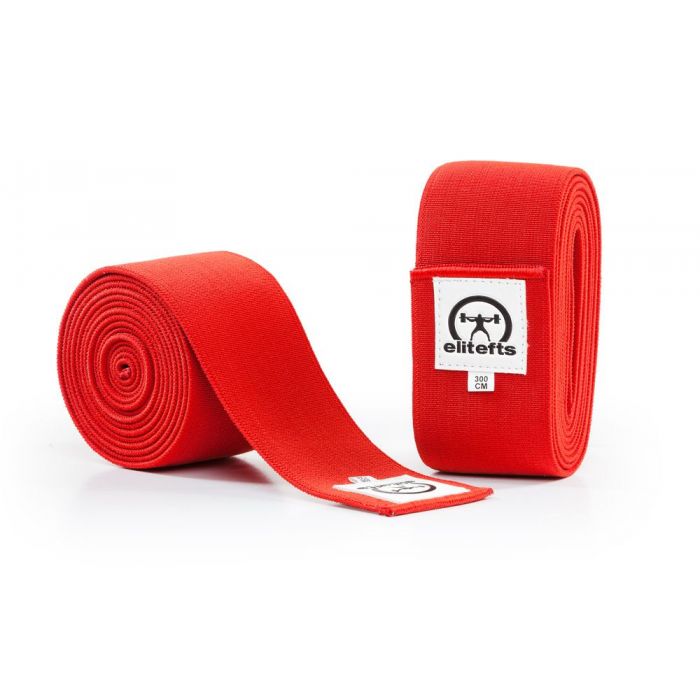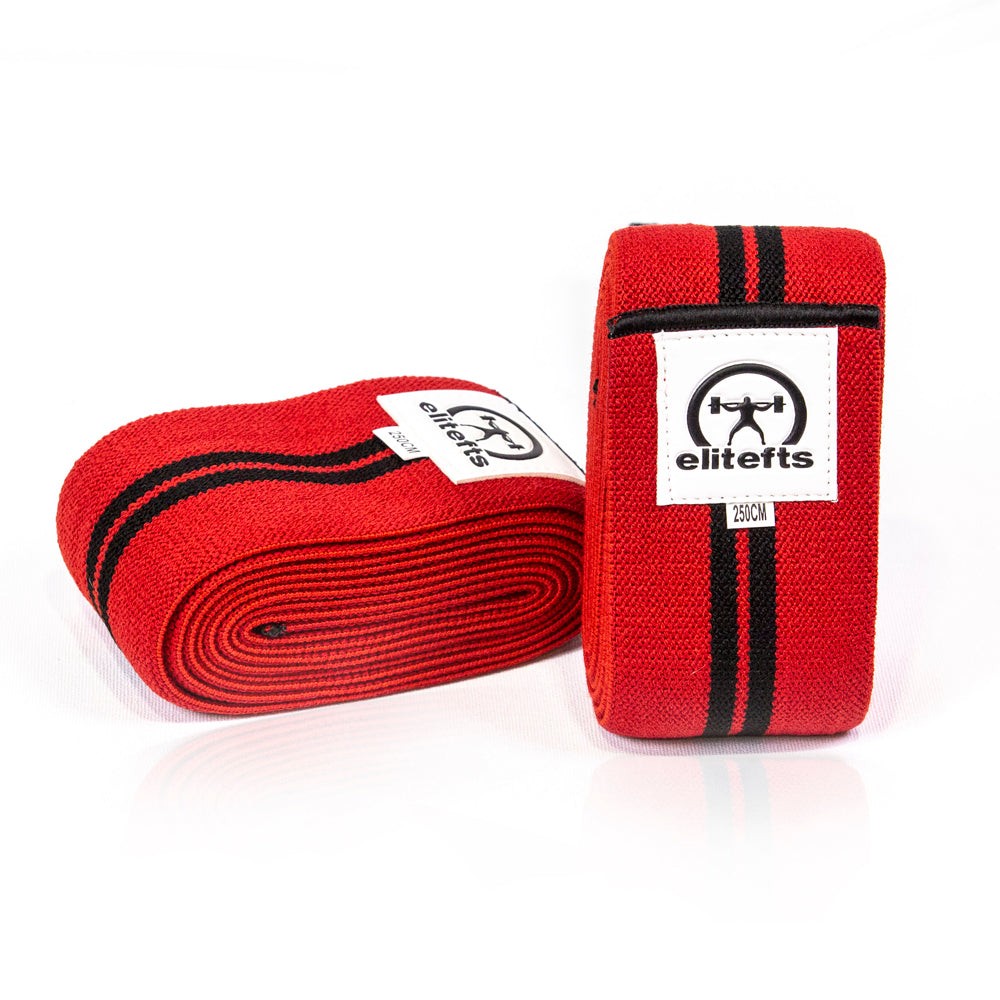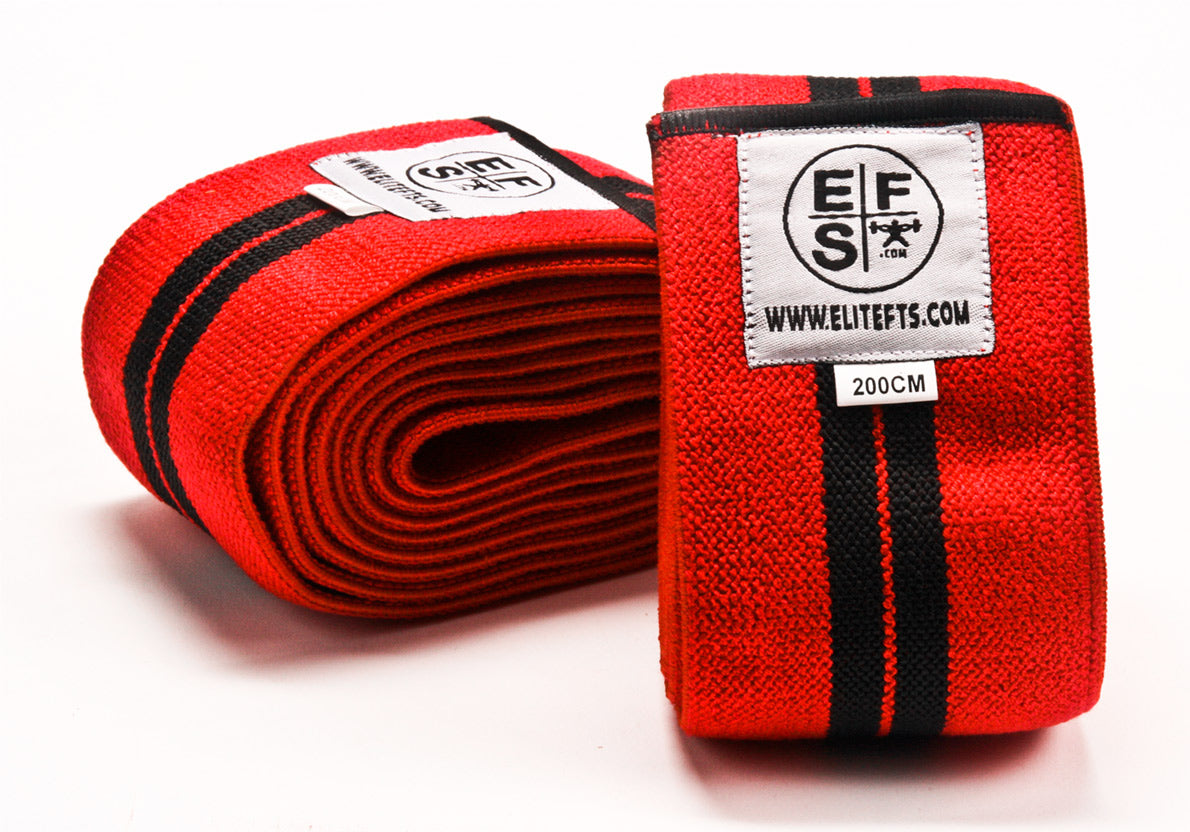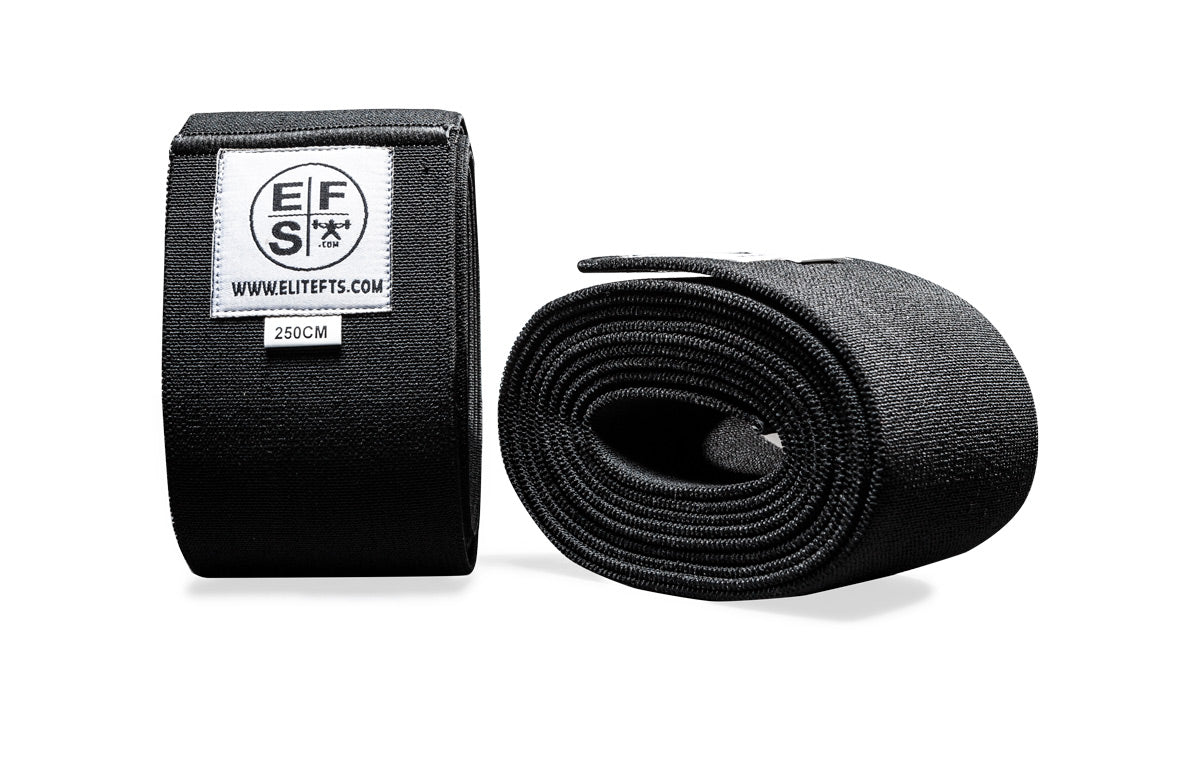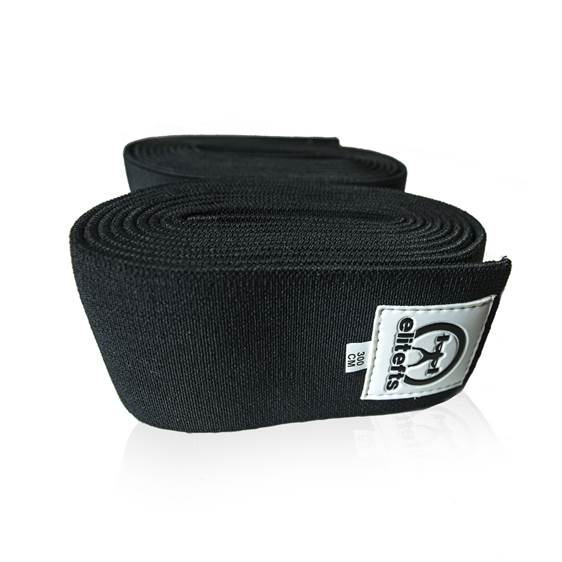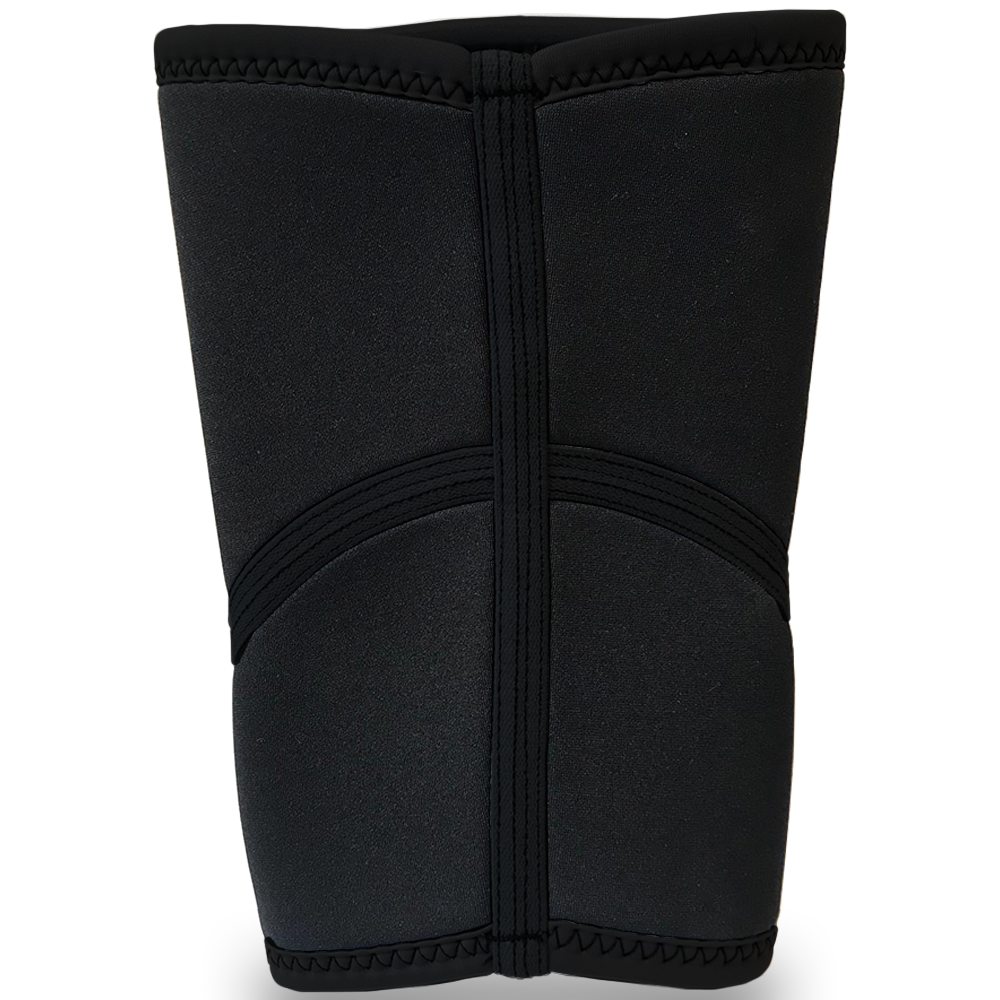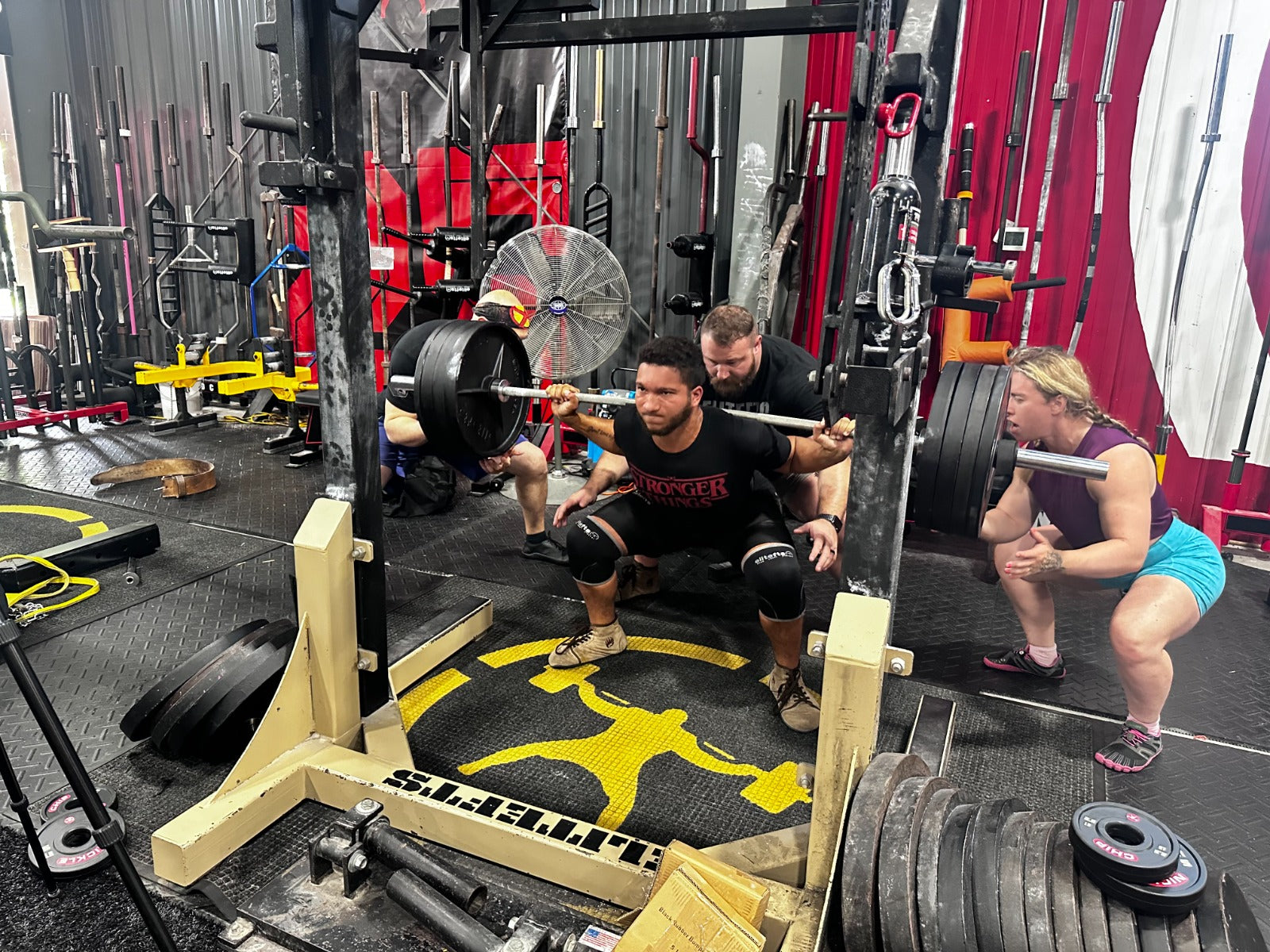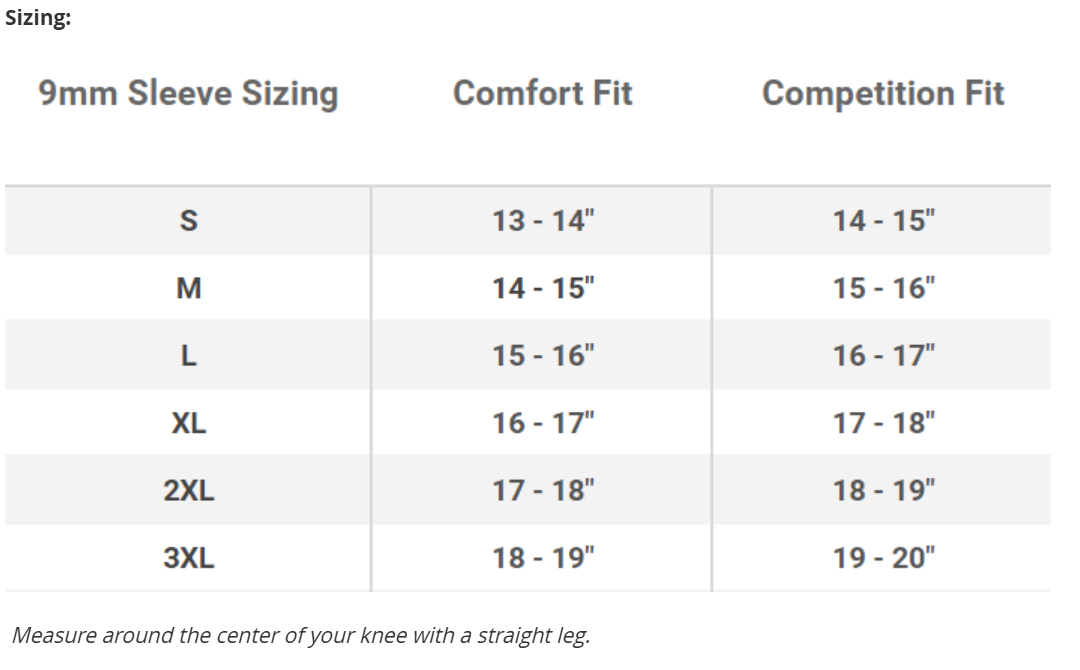My lifting has gone through many stages in my life. I am sure that this will continue to happen until I can no longer lift, at which point I will hopefully be dead. As I take time to look back and learn, I realize that things rarely turned out to be what I thought they would be. The outcomes were always good—just not exactly as I had imagined they would be.
Growing up as a blue-collar kid in the Midwest, you always had this sense of what I describe as manliness. My grandfather was a welder, and my father a carpenter. My other grandfather made steel parts for locomotives, and two of his boys were mechanics. It seemed that my friends’ fathers were mostly hard-working tradesmen as well. I even have some farmers on my mom’s side. All I knew was that men got dirty, got sweaty, had rough hands, and worked their asses off. My father put us to work when we were young at home and on the job site. We had to take care of the yard, which made me really familiar with shovels, rakes, hoes, gardening, tillers, and, most of all, blisters. There was no “My hands hurt,” “I am tired,” or “My back is sore.” There was “Shut up and get the job done.” It may sound rough, but it seems to me that this is badly missing in society.
RECENT: Dynamic Training: Should You Be Doing It?
This work ethic transferred through and even became a filter of sorts as I started to play sports. How did you get better at sports? Well, DUH, you worked your ass off. How do you get bigger, stronger, or faster? You guessed it—work your ass off. That was the answer to many questions in my life back then. So, when I read magazines about lifting, what parts stuck in my mind? All of the stories about crazy lifting sessions. Stories about how hard people trained. When I found the movie Pumping Iron, what was my takeaway? The first was, “Don’t let worry mess up my training sessions.” Stuff happens, and focus on your training. After that, it was “Squat until you can’t stand up.” Lift so hard that you’re left making faces of pain, drenched in sweat, and grunting even with the lightest weights. Yes, I also learned about anatomy and developed a pretty good understanding of it. I learned about programming and what exercises to do to work all of the different muscle groups. This definitely helped me in my sporting endeavors.

By the end of high school, I was stronger than most, but there were always guys much stronger than I was. My training and knowledge advanced in college, but I still was not the outstanding athlete with crazy strength. I was good but nowhere near great. By 27, I found powerlifting, and I totaled 1700 raw. Again, this was good for a first meet but a long way off from the top level. I was still leaning on “Just work your ass off” as my primary principle. At this point, I thought that maybe my level was not due to a lack of hard work but rather a lack of knowledge. Maybe it was time to take learning about strength more seriously because hard work alone was not getting me there—a very tough realization for me.
I had always seemed to outwork everyone but was never the best. When I was throwing, I did all of my drills, but I did not really get it. I was putting in the work, but my focus was in the wrong place. When I was lifting, I would just go balls to the wall every day without much thought about anything else. If you had asked me what the top-level athletes do in training, I would have said, “Work their asses off.” I might have mentioned some stretching, maybe. I definitely would not have thought about sleep, nutrition, recovery, or technique. They work hard and get stronger, which allows them to work even more and become even stronger. I truly believed that hard work overcame everything. If I was not at the level that I wanted to be, I just needed to work harder and stop being a bitch.
I am not saying I did not worry about other aspects of training. I am just saying I thought it was 90 percent hard work and 10 percent everything else. I did, at times, get very strict on my nutrition. I always did some stretching and stayed pretty flexible. My training always had multiple aspects, featuring some cardio, strength training, and then varying other aspects, like plyometrics. When I lifted, I thought about technique some as I was warming up. As it got heavy, it was only about hitting the lift or reps that I needed to hit. When the weights went up, maintaining technique flew south for the rest of the winter. Keep your head down and put in the work.
When I started to compete in powerlifting, I thought the top guys trained hard every day. I thought it was just a matter of getting strong enough and in good enough shape to go hard and heavy 24/7, 12 months a year.
Boy, did I get a very big slap in the mind.
I still remember getting George Halbert’s VHS training tape. This was a guy I respected very much, and when he said something along the lines of “As you get stronger, you will not be able to train as often,” I just sat there dumbfounded. Hell, I am sure I had to rewind it a few times. HUH. Who knew hell could actually freeze over? I had to start to rethink everything I had thought about training. I still struggle to this day because “Just work harder” was so ingrained in me.

As I began this process of actual focused learning about strength, things really began to change. I was no longer taking the bits and pieces I wanted to believe or learn about. I was trying to understand the big picture. I found that the idea of working your ass off was still very applicable. It changed from just a physical concept to one that was both physical and mental. I was now presented with the idea of working my ass off in an intelligent way. No more bulldozing through. I began to ask myself if what I was doing would get me closer to my goal. If not, then why was I doing it at all, and if so, how would it help? I still remember Dave Tate telling me that if I did something intentionally to get stronger, then it was training. This profoundly changed the way I thought. So, making time for that nap when my sleep was bad was training. If I had to squeeze in another meal to meet my caloric goal, it was training. If I got in a short GPP session, that was training. For me, training had always been just the physical work, and it had to be intense. I was now living in an alternate universe.
Honestly, I don’t even know if I thought about what a top strength athlete did the rest of the day outside of the gym. All I cared about was pounding some heavy weights ‘cause that is what I love to do. Today, I have been one of the strongest men on the planet. I have been one of the best powerlifters in the world. Let me tell you that it was nothing like I thought it would be. The stronger I got, the less often I got to train heavy. The weights I was lifting were just too demanding. I was doing way more lighter recovery and GPP sessions than heavy sessions. I was stretching regularly to keep my flexibility. At my biggest, I was eating so much that I absolutely hated to eat, and the back end of that was crazy, too. Meaning I shit a lot as well. Every single thing I did revolved around my training. With everything I did in life, I asked myself how this would affect my training. Energy was a very precious commodity, and I used it sparingly for everything other than training. My weekends were not for playing but instead were for rest and for preparing for the next week’s training. My whole life was powerlifting and finding ways to increase my strength. It was no longer about what I wanted to do but rather what I needed to do.
I believe that my journey as a strength athlete started pretty similarly to those of many other lifters. We start lifting for sports or to be bigger and stronger. We fall in love with the iron and how it makes us feel. We love the daily grind and challenge of pushing ourselves. Hell, a lot of us become reliant on the weight as a way to deal with the world. We all act badass and tough, but in reality, we are doing what we love. To make it to the higher levels, we must begin to do the things that are not as easy as lifting heavy. We have to start focusing on the stuff that is really hard and that takes sacrifice—the stuff outside of the gym. We have to start using our minds as well as our bodies. This was all very difficult for me. The hardest thing was not being able to train as heavy as often. Letting go of my ego, which wanted to outwork the problem, was difficult as well. In the end, I'd do it all again!










